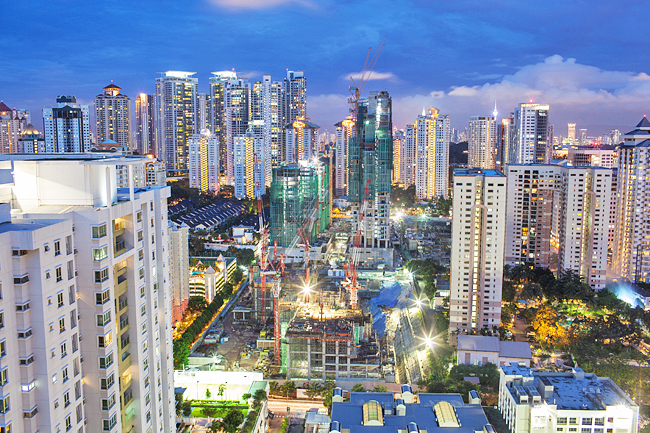ANN/THE STAR – With the ongoing labour recalibration exercise nearing its end, various sectors in Malaysia are taking proactive measures such as looking into alternative labour sources and automation.
Federation of Vegetable Farmers Associations president Lim Ser Kwee said it was looking at other source countries for farm hands.
“Most of our workers come from Nepal, but we are starting to look at other labour source nations such as Indonesia,” he said.
Lim said the vegetable farming sector was still largely dependent on foreign labour, adding that its members were still reporting a shortage of workers at farms.
“The best would be for the government to extend the deadline of the labour recalibration exercise. We understand that this will take some time,” he said.
The ongoing second labour recalibration exercise (RTK 2.0), introduced on January 27, ends on December 31.
Construction is one of the approved sectors under RTK 2.0 where eligible illegal immigrants can be legalised through the proper process.


On October 13, Malaysian Home Minister Datuk Seri Saifuddin Nasution Ismail said under RTK 2.0, some 518,000 undocumented migrants have so far been issued with new work permits and channelled to the manufacturing, construction, farming, agriculture and services sectors. He reminded employers that the government will no longer process applications after the year ends.
RTK 1.0, which ran from November 2020 to December 31 last year, saw 418,649 undocumented migrants registered, involving 30,137 employers. The RTK was implemented to allow employers in relevant sectors to legally employ undocumented foreign workers.
Saifuddin Nasution had earlier said that his ministry, to date, has registered 700,000 foreign workers who were already in the country but whose work permits and documents had expired.
SME Association of Malaysia president Ding Hong Sing said the manufacturing, electrical and furniture industries also required foreign workers as some involved 3D (dirty, dangerous and difficult) jobs.
Ding hoped the government could go fully digital and reduce the bureaucratic red tape involved under RTK 2.0. “We do not want to go and wait the whole day at certain government departments for our applications. Other countries are going digital on these aspects and Malaysia must also do the same,” he added. Ding also urged the government to extend the deadline for RTK 2.0.
“Some foreign workers who have already been in the country for five to 10 years are eager to return home. They no longer want to work, so we need (new) workers,” he said.
Real Estate and Housing Developer’s Association (Rehda) deputy president Datuk Ho Hon Sang said many main contractors have already exhausted their quotas for skilled workers.
He said there were those who turned to the industrialised building system (IBS) to reduce their dependence on foreign labour.
“The current urgency is not just about workers, it’s about skilled labour,” he said.
“While higher usage of the IBS can help reduce the need for foreign labour, workers still need to be trained,” he added.



